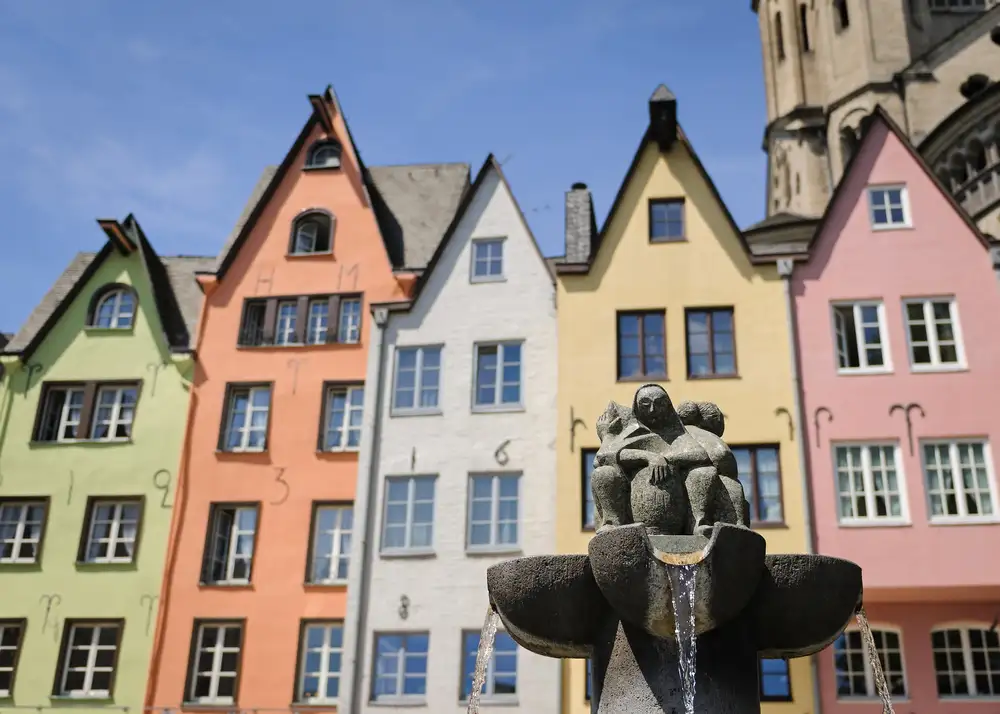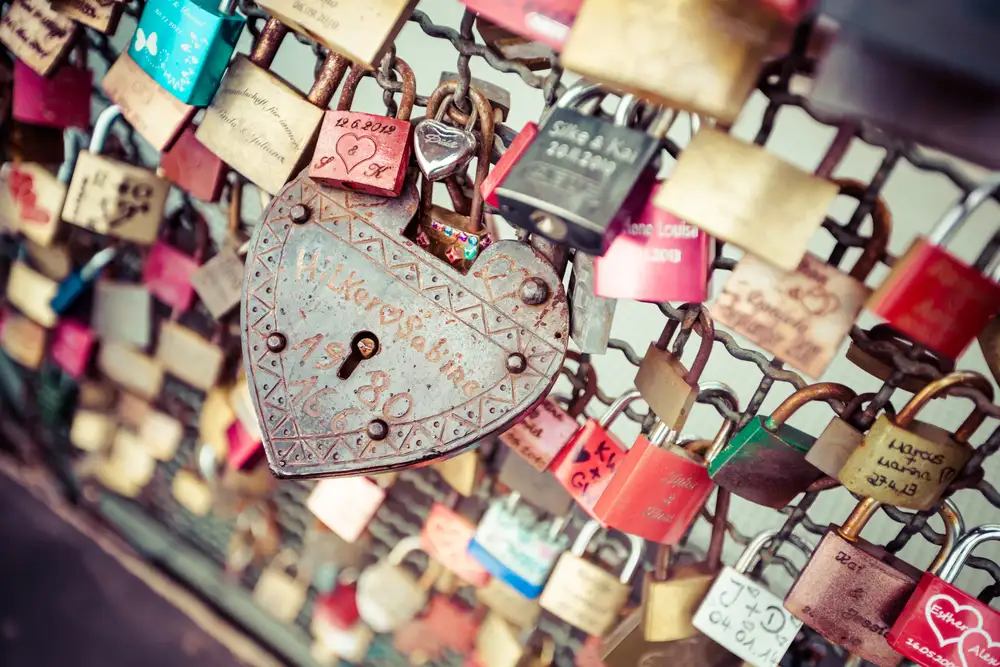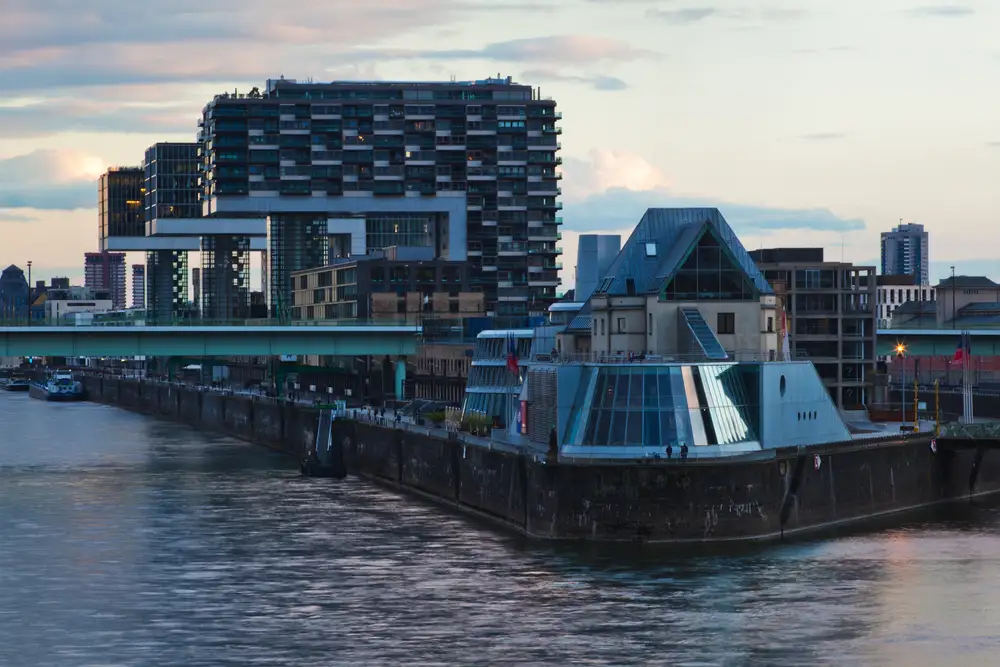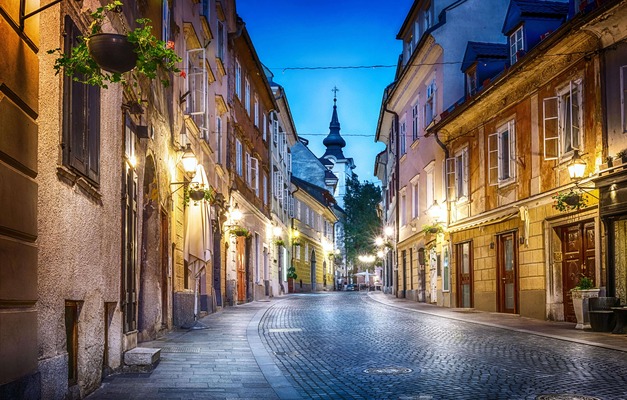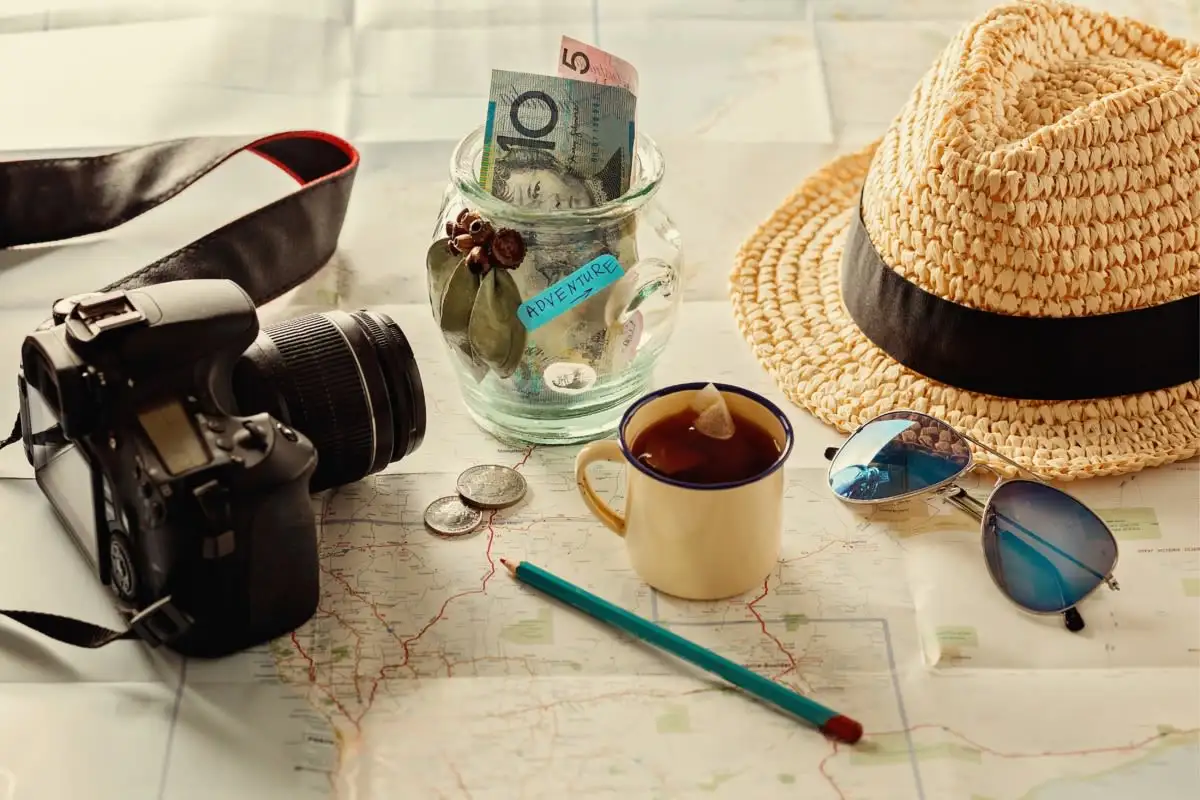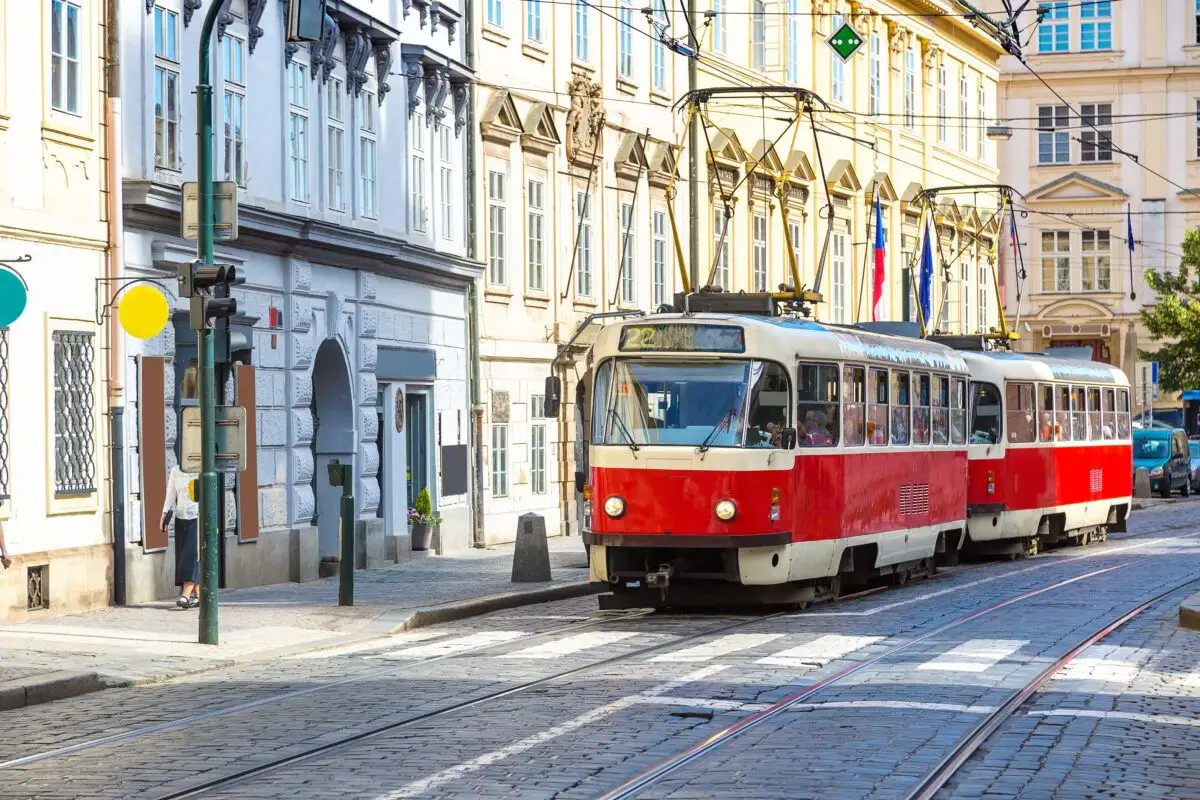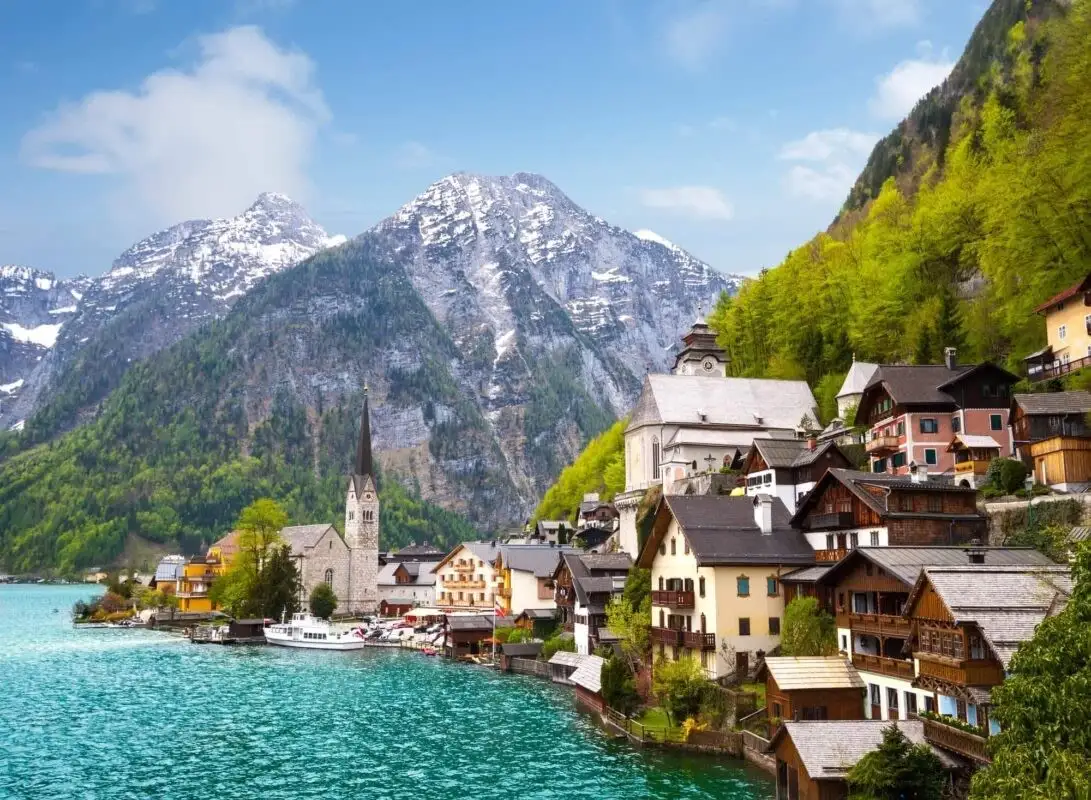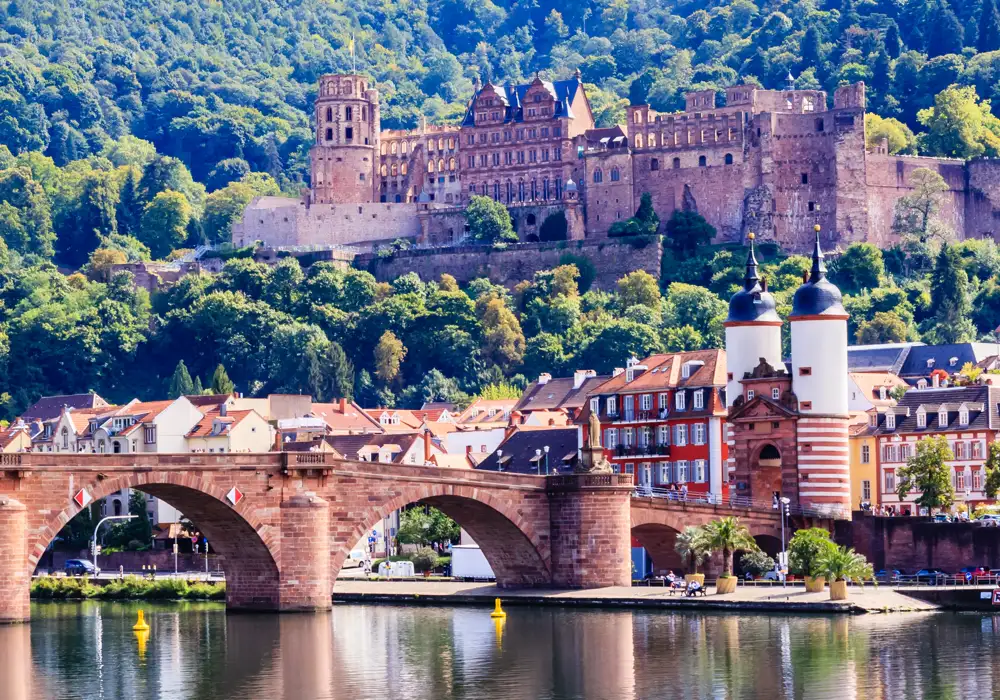Cologne Travel Guide
April - DecemberGermanyEUR
European History
Churches & Monasteries
Family-Friendly
Read More

Must See Attractions in Cologne

Cologne Cathedral
UNESCO World Heritage
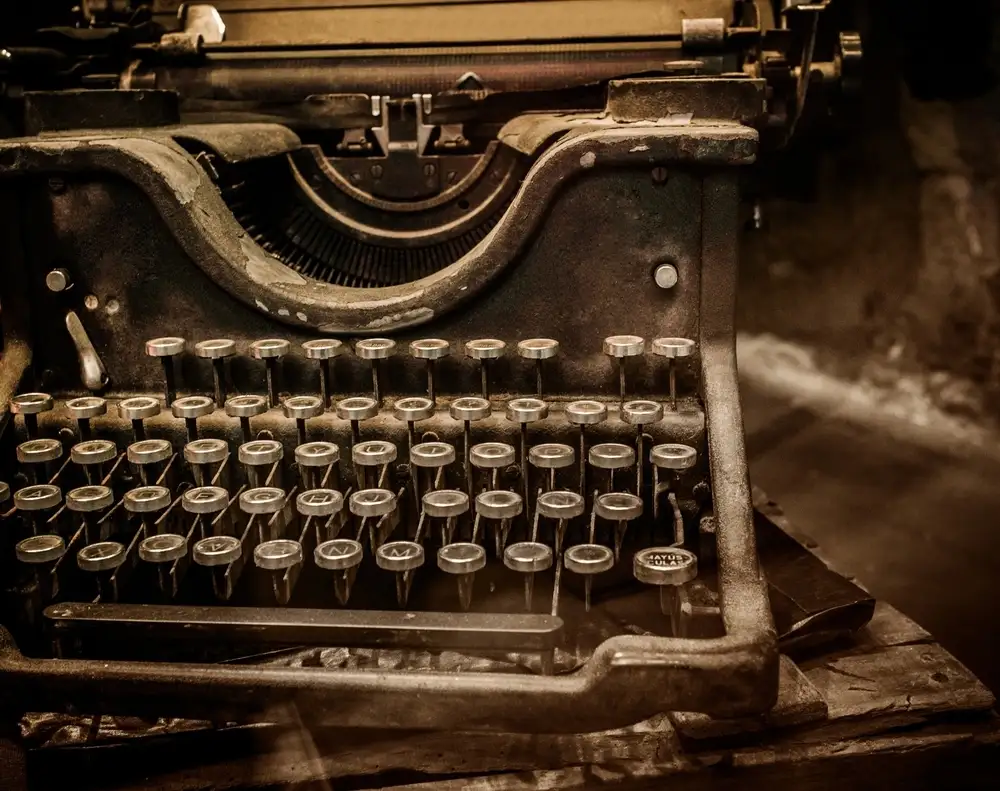
National Socialism Documentation Center
Museums & Galleries

Cologne's Carnival
Nightlife & Local Scene
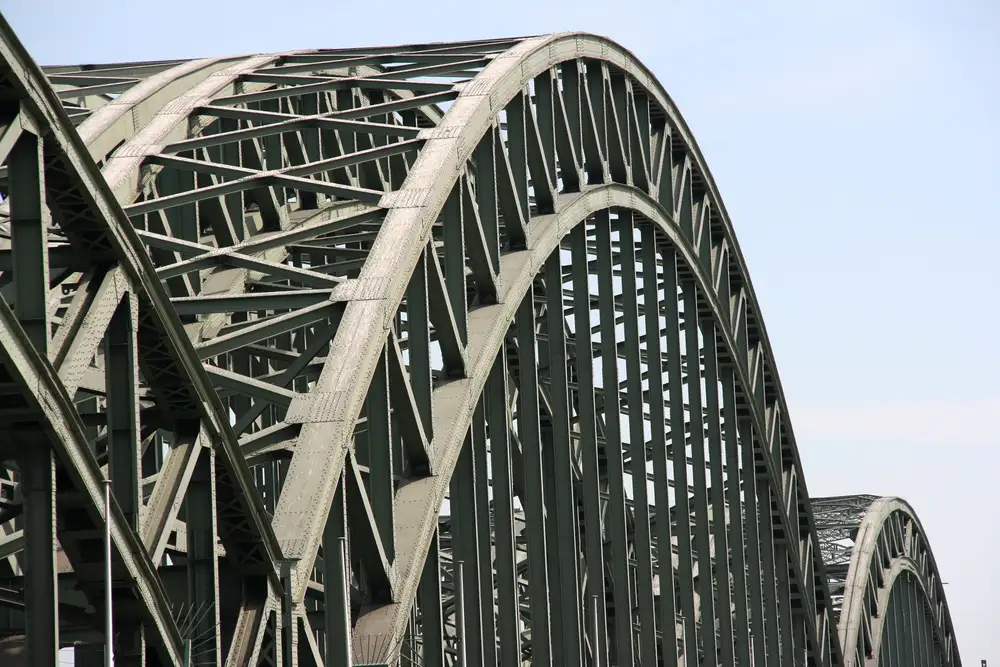
Hohenzollern Bridge
Architecture

Chocolate Museum
Museums & Galleries
Show more
Optional Day Trips from Cologne
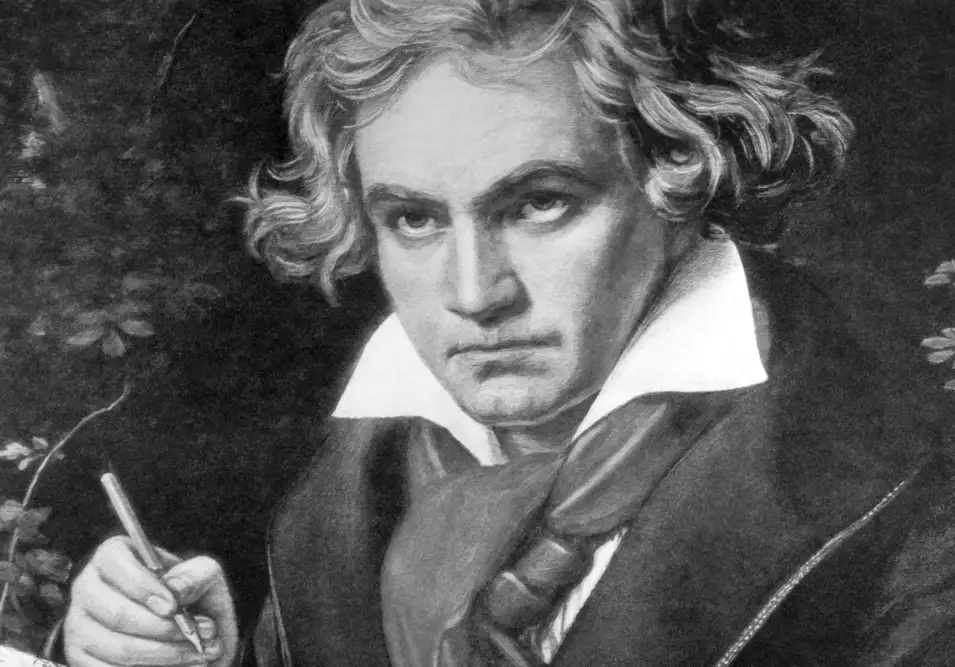
Bonn
Music & Theater

Aachen
UNESCO World Heritage

Essen
UNESCO World Heritage

Bruhl
Castles & Chateaux
Show more
Create a custom trip
plan for Cologne
Travelling made easy:
- ✓ 100% customizable trip
- ✓ Support around the clock
- ✓ Local travel expertise
Trips Plans Including Cologne

10 Days
From$3099USD

10 Days
From$2639USD

21 Days
From$5899USD

4 Days
From$895USD

10 Days
From$3099USD

10 Days
From$2639USD

21 Days
From$5899USD

4 Days
From$895USD

10 Days
From$3099USD
prev
next
Featured Blogs
prev
next
Pair Cologne with
showing 4 of 56 destinations
Load moreYour custom trip package includes

A day to day itinerary

Centrally located hotels

Door to door transportation
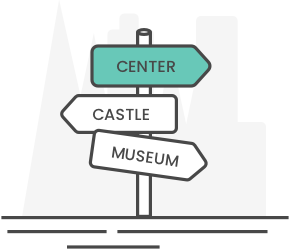
Self-guided & private tours
Create Your Perfect Trip in Minutes
Discover A Better Way To Travel.
Once you Go Real, you’ll never go back to ordinary travel.


